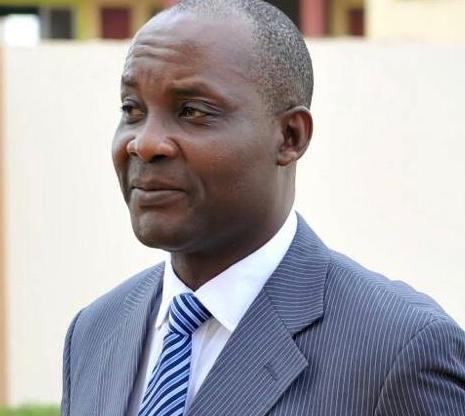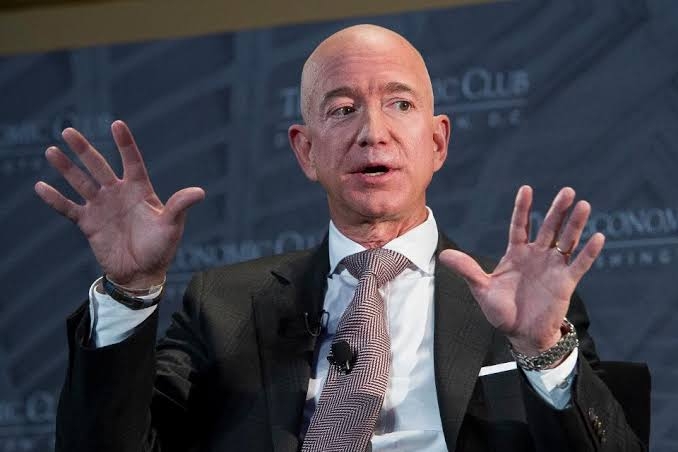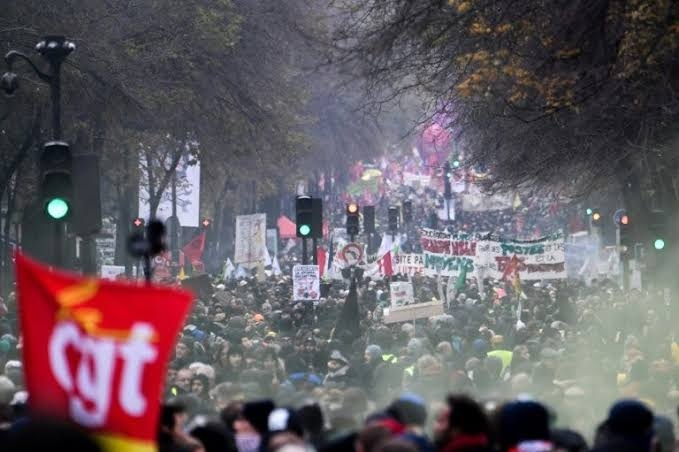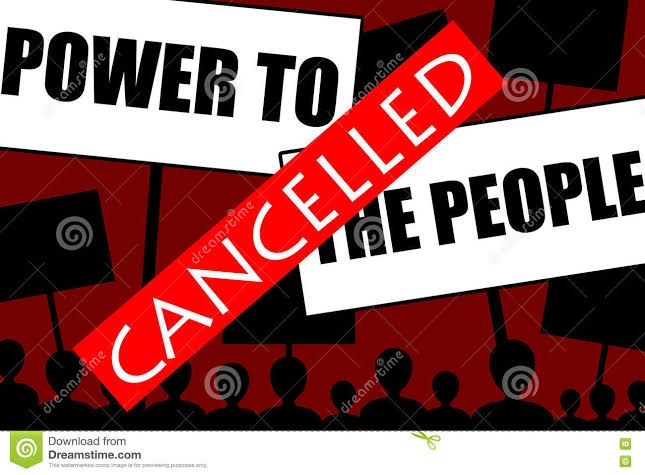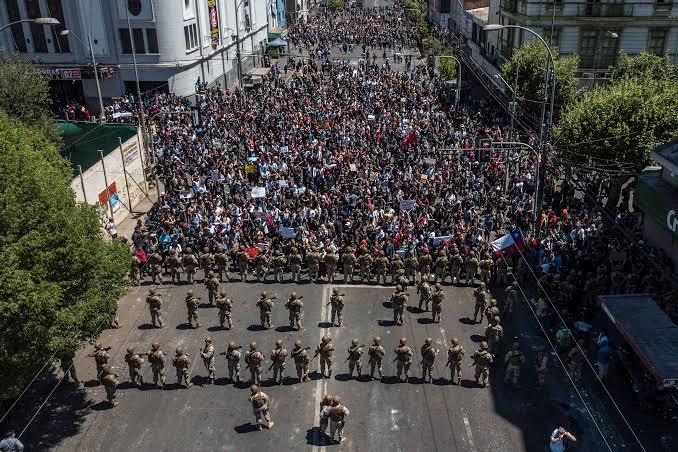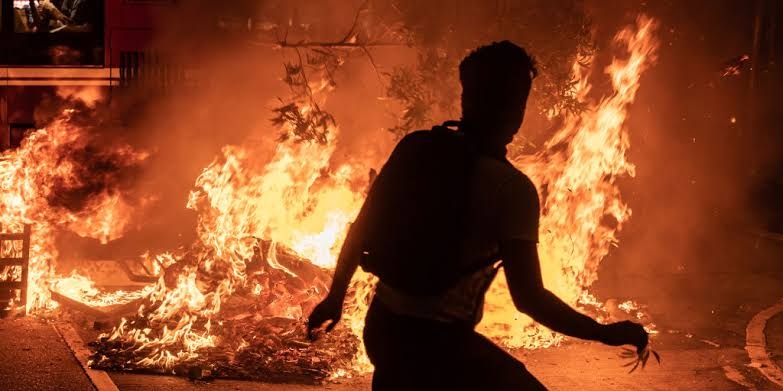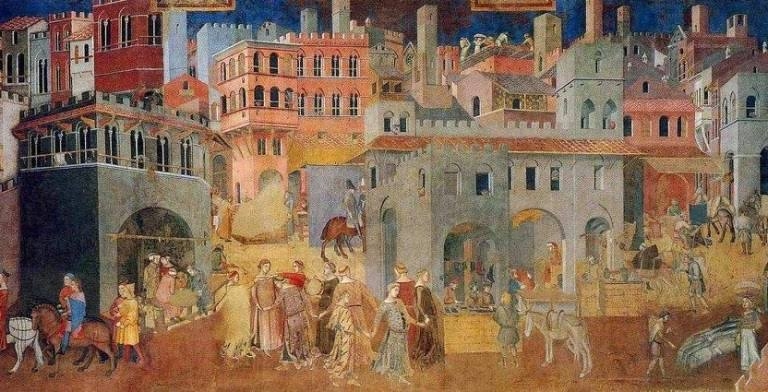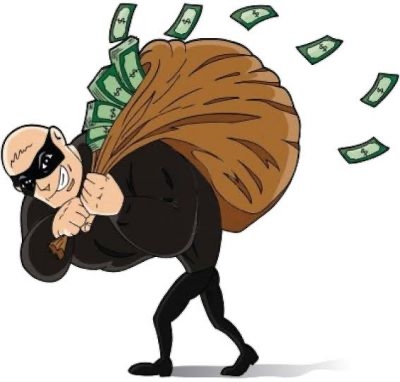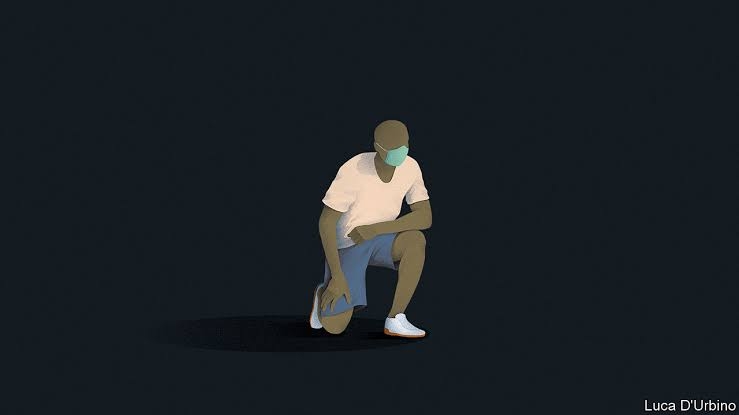A few weeks ago in Oyo State, a couple, Mr. Kola Woniye, and Mrs. Seyi Woniye, offered to sell their two kids (a boy and a girl) to a British journalist who posed as a businessman. The price was N500,000 per child or N1 million for the two. The transaction was not about the usual fee for a lease of the children for child labour. It was an outright sale.
Caught in the act, the mother of the children, Mrs. Seyi Woniye, said: “It is hard for us to do this, but we are desperate and this is our last hope.” Mr. Woniye was a panel beater while his wife was an unemployed fulltime housewife. Now, how do you see this? Mrs. Woniye said they were desperate. Yes, a desperation induced by grinding poverty. But do all poor parents attempt to sell their children? There is no doubt that the corruption and irresponsibility of the Nigerian State dispose Nigerians to this sort of desperation. But that does not tell the whole story. Poverty and deprivation are neither necessary nor sufficient causes for the sort of evil and inhumanity displayed by the Woniyes.
If we argue that poverty was the cause of this kind of action, will poverty also be indicated in the action of the rich who kill their own children or relatives for rituals to get more money and acquire power? The point here is this: evil, crime and criminality are consequences of a complex interplay of nature, nurture and social conditions. The Nigerian social condition that disposed the Woniyes to do what they did is bad. The Woniyes themselves who yielded to this sort of temptation are not innocent.
The same social conditions that bring out the best in some Nigerians brought out the beast in the Woniyes. If the Woniyes could do what they did to their own children, imagine what they could do to the children of their neighbours.
The tragedy of the Nigerian society is that too many have succumbed to evil in response to unfavourable socio-economic and political conditions. Unfortunately, however, it is the nature of power relations that the evil of the oppressed keep them down, while reinforcing the power of their oppressors to further trample upon them.
Like the chicken and egg perplexity, I don’t know which came first: an evil people producing an evil leadership or vice-versa. Whichever the causal direction, what I know for sure is that Nigeria is trapped in a vicious cycle of a mutual reinforcement of the interaction of an immoral society and a wicked state.
Saturday Tribune, 23 February, 2008

